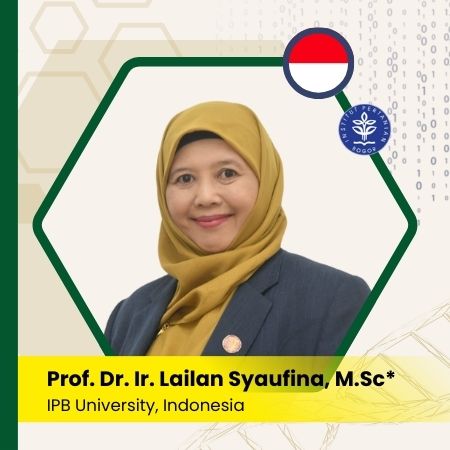Smart Agroforestry of Legume Tree and Functional Food Crops: Increasing The Protein Content to Support Food Security and Sustainable Livelihood
Keywords:
Arrowroot, Cardamom, Falcataria moluccana, Nitrogen, Social ForestryAbstract
Smart Agroforestry of Legume Tree and Functional Food Crops: Increasing The Protein Content to Support Food Security and Sustainable Livelihood






























